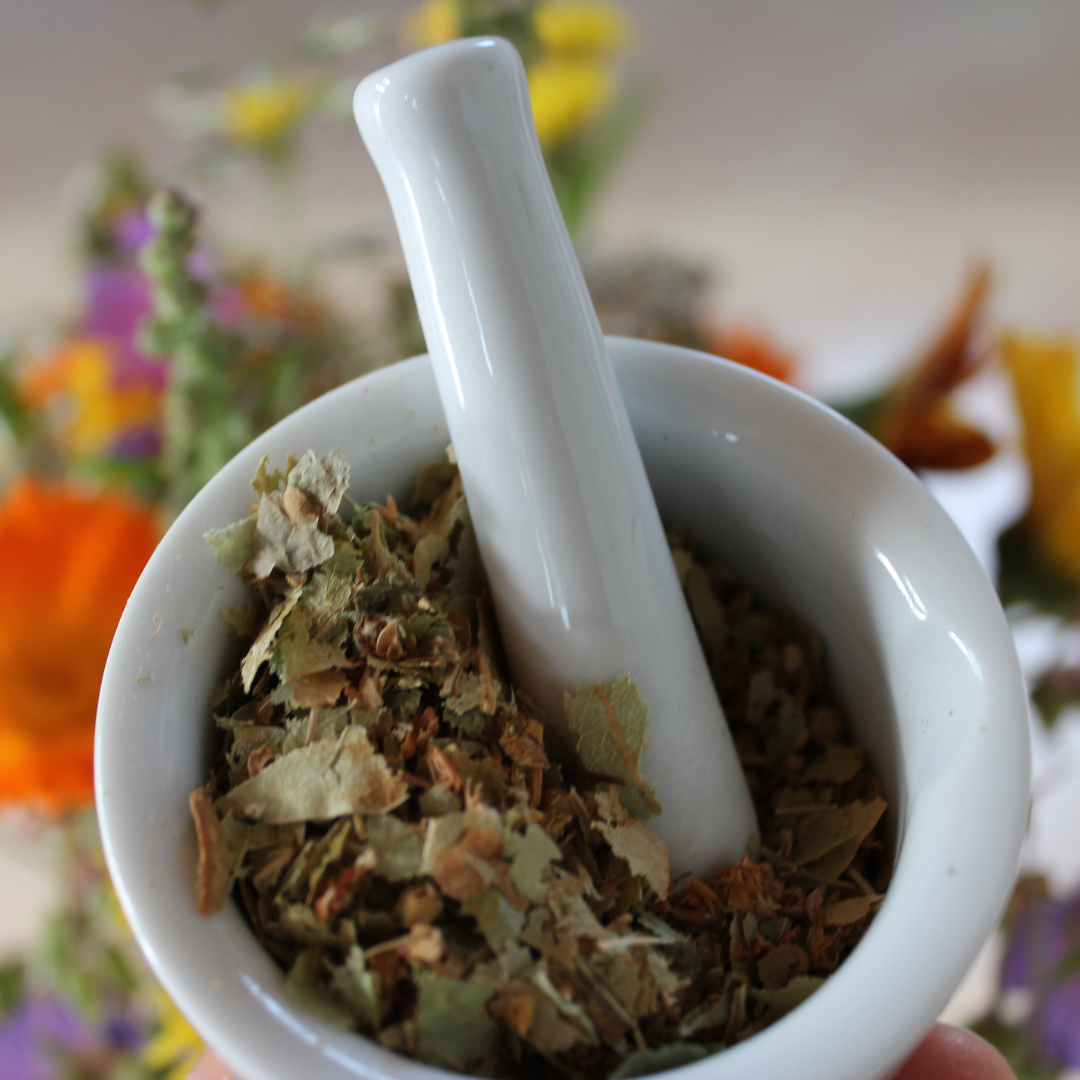A strong immune system is essential for maintaining health and warding off illness. People are increasingly turning to home remedies to enhance their immunity naturally, seeking alternatives to pharmaceutical solutions. Incorporating certain foods, herbs, and lifestyle practices can effectively boost the immune system and improve natural immunity.
Many remedies focus on simple ingredients that may already be in the kitchen. For example, garlic and ginger are well-known for their immune-boosting properties, while vitamin C-rich foods like oranges and bell peppers can provide vital support. These remedies not only enhance immunity but also contribute to overall well-being.
Embracing these natural approaches can lead to a healthier lifestyle. By making small, intentional changes, he or she can create a nurturing environment for the immune system. Exploring various home remedies may reveal effective ways to strengthen immunity and promote lasting health.
Understanding the Immune System
The immune system is complex and influenced by various factors, including diet and lifestyle choices. Both nutrition and habits play essential roles in maintaining a strong immune response.
Role of Diet in Immune Health
A balanced diet is crucial for supporting the immune system. Key nutrients, such as vitamin C, vitamin D, vitamin A, selenium, and zinc, are pivotal in enhancing immune function. These nutrients can be found in a variety of foods, including fruits, vegetables, nuts, and lean proteins.
Foods rich in antioxidants, like berries and leafy greens, help combat oxidative stress and strengthen the body’s defenses. Healthy fats, particularly omega-3 fatty acids, play a role in regulating the immune response. Incorporating fiber, along with prebiotics and probiotics, benefits gut health, which is closely linked to immune strength.
Proper hydration is essential as well, aiding in nutrient transport and waste removal. A well-rounded diet not only provides necessary vitamins and minerals but also promotes overall wellness, supporting the body’s natural defense mechanisms.
Consequences of Lifestyle Choices
Lifestyle choices significantly impact immune health. Chronic stress can lead to elevated cortisol levels, negatively affecting immune function. Implementing effective stress management techniques, such as mindfulness or exercise, can help maintain a balanced immune response.
Sleep is another critical factor; insufficient rest impairs the body’s ability to produce protective cytokines. Aiming for 7-9 hours of quality sleep is recommended for optimal immune support.
Alcohol consumption also affects immunity. Excessive intake can hinder the immune system’s effectiveness. Regular physical activity bolsters immunity by promoting circulation and reducing inflammation. Small, consistent lifestyle changes can yield substantial benefits for immune health.
Natural Remedies to Boost Immunity
Natural remedies can play a significant role in enhancing the immune system. Incorporating certain herbs, foods, and beverages into the daily diet may provide vital nutrients that support overall health.
Herbs and Spices
Various herbs and spices are known for their immune-boosting properties. Garlic is rich in allicin, which offers antibacterial and antiviral benefits. Ginger possesses anti-inflammatory effects, making it a great addition to teas and meals. Turmeric, containing curcumin, is recognized for its antioxidant effects and contributes to reducing inflammation. Other notable herbs include oregano, which has antimicrobial properties, and echinacea, often used to prevent colds. Moringa and ginseng may enhance immunity as well. Adding these herbs and spices to dishes can naturally strengthen the immune system.
Immune Boosting Foods
Certain foods provide essential nutrients that bolster immunity. Citrus fruits like oranges and lemons are high in vitamin C, supporting the production of white blood cells. Broccoli and spinach are abundant in vitamins A, C, and E, which are powerful antioxidants. Kiwi and papaya also contribute beneficial vitamins. Probiotic-rich foods like yogurt, kimchi, and kefir introduce beneficial bacteria, promoting gut health and immunity. Natto and sauerkraut are other examples of fermented foods that enhance digestive health. Including these foods helps provide the necessary nutrients for a robust immune system.
Healthy Beverage Choices
Beverages can also be an effective way to support immune function. Green tea is packed with antioxidants, particularly catechins, which may enhance immune response. Drinking lemon juice in water daily can provide vitamin C and improve hydration. Apple cider vinegar is often used for its purported health benefits, including antimicrobial properties. Additionally, enjoying warm drinks like ginger tea can offer anti-inflammatory effects. Lassi or kefir can provide probiotics, further supporting gut health. Maintaining hydration and incorporating these beverages can positively impact immune function.
The Impact of Exercise and Stress on Immunity
Exercise and stress significantly influence the immune system. Engaging in regular physical activity promotes a stronger immune response, while unmanaged stress can weaken immune function. This section explores the relationship between exercise and immune health, as well as the effects of stress on immunity.
Physical Activity for Immune Response
Regular physical activity benefits immune function by enhancing circulation and reducing inflammation. Moderate-intensity exercise, such as brisk walking or cycling, can increase the production of immune cells, helping the body respond more effectively to pathogens.
Additionally, exercise improves sleep quality, which is crucial for recovery and immune health. Quality sleep supports various immune processes, ensuring a well-functioning immune system.
Incorporating activities like yoga and mindfulness exercises can further enhance these benefits by promoting relaxation and reducing stress levels.
Stress and Immune Function
Chronic stress negatively impacts immune function by elevating cortisol levels. High cortisol can suppress the production of immune cells, making the body more susceptible to infections.
Effective stress management techniques, such as deep breathing, meditation, and mindfulness, can counteract these effects. These practices help lower stress levels, promoting better immune responses.
Maintaining a balanced lifestyle that prioritizes stress reduction activities, along with regular physical activity, is essential for supporting overall immune health.
Preventive Strategies and Immune Health
Maintaining a robust immune system is essential for defending against various pathogens, including those causing the flu and common cold. Employing specific strategies can enhance immune health and contribute to overall well-being.
Incorporating Supplements Wisely
Supplements play a vital role in supporting immune function. Key options include:
- Vitamin C: Found in citrus fruits, this antioxidant helps stimulate the production of white blood cells.
- Vitamin D: Essential for immune response, it can be obtained through sunlight exposure and fortified foods.
- Zinc: A critical mineral that assists in developing immune cells, zinc is crucial for effective immune responses.
- Vitamin E: This antioxidant helps combat oxidative stress, promoting overall immune health.
- Vitamin B6: Important for biochemical reactions in the immune system, it can be sourced from poultry, fish, and potatoes.
- Probiotic Supplements: These support gut health and enhance natural defenses against infections.
Care should be taken to consult with a healthcare professional before adding supplements to a diet to avoid potential overdoses or interactions.
Hygiene and Disease Prevention
Maintaining good hygiene is fundamental in lowering the risk of infections. Key practices include:
- Handwashing: Regular handwashing with soap and water reduces the spread of pathogens, particularly before meals and after using the restroom.
- Avoiding Close Contact: Steering clear of individuals exhibiting respiratory symptoms can prevent the transmission of illnesses.
- Vaccinations: Staying current on vaccines, including those for the flu, strengthens individual immunity and protects against severe illness.
- Healthy Lifestyle Choices: A balanced diet, regular exercise, and adequate sleep all support immune function, helping to mitigate risks associated with diseases like heart disease, diabetes, and certain cancers.
Together, these preventive measures enhance the body’s natural defenses and reduce the likelihood of immune-related issues.


